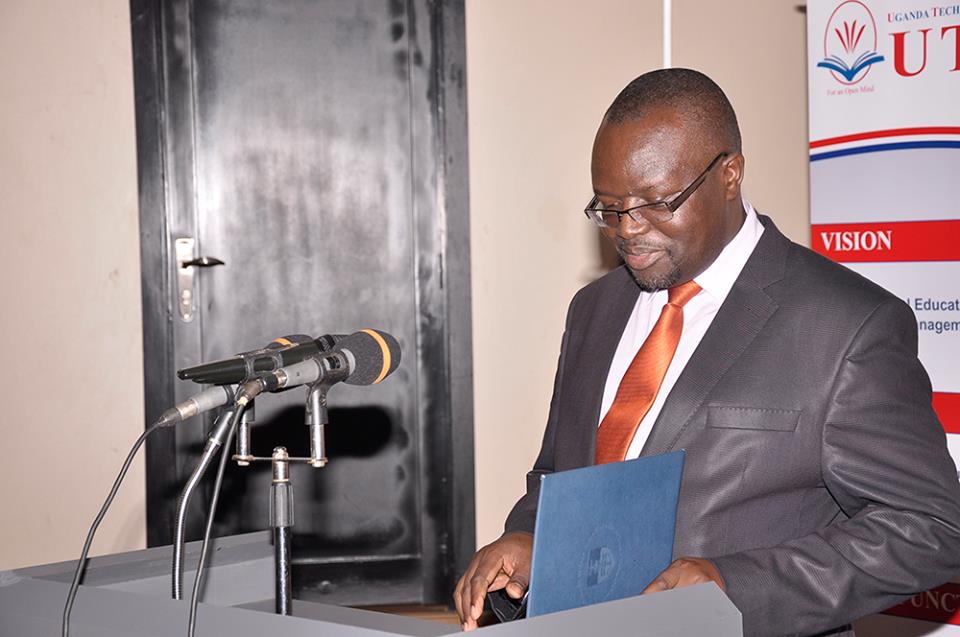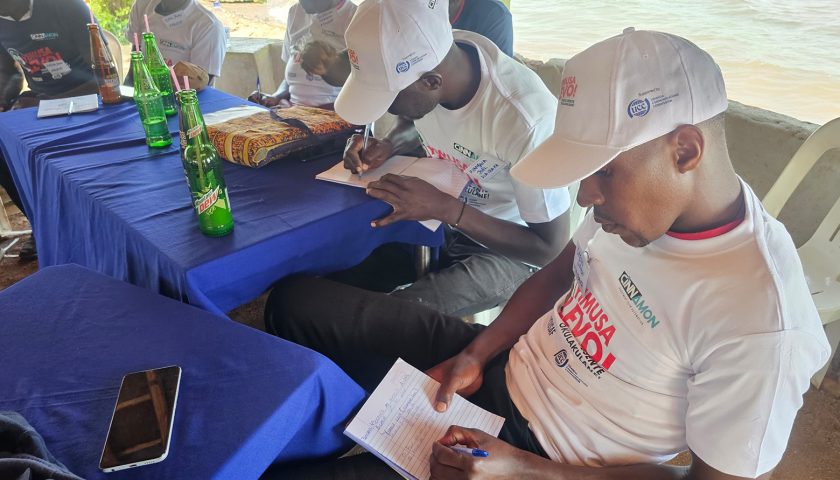Governments across the globe are doing everything possible to protect jobs and ensure certainty amidst #Convid-19 pandemic. One of the strategies is to keep businesses intact, so that they can hit the ground running (to the greatest extent possible) when the economy reopens, instead of leaving behind mass business casualties and an economic depression in the wake of the virus.
The Rand Merchant Bank (RMB)’s “Where to Invest in Africa” report that assesses the attractiveness of Fifty-three (53) African countries, in terms of being attractive for investments on the African continent showcases EAC Partner States as being attractive investment destinations. RMB attractive index assesses most appealing investment destination based on four aspects, i.e. doing business index; global competitiveness index; corruption perception; and economic freedom index. RMB ranked three of the EAC Partner States (i.e. Kenya, Rwanda and Tanzania) in the top 7 in its 2019 report. Tanzania ranked 7th in both 2018 and 2017, Rwanda ranked 6th from 8th and Kenya 5th from 6th in 2017. Uganda ranked 14th from 11th in 2017.
Also, the Global Competiveness Index 4.0, which measures national competitiveness– as a set of institutions, policies and factors that determine the level of productivity captures the determinants of long-term growth and provides novel and more nuanced insights on the factors that will grow in significance as the 4IR gathers pace: human capital, innovation, resilience and agility. These qualities are captured through a number of new, critically important concepts (e.g. entrepreneurial culture, companies embracing disruptive ideas, multi stakeholder collaboration, critical thinking, meritocracy, social trust) complementing more traditional components (e.g. ICT and physical infrastructure, macro-economic stability, property rights, years of schooling). The Global Competiveness Index 4.0 2018 ranked Kenya (93rd), Rwanda (108th), Tanzania (116th) and Uganda(117th) out of the 140 countries ranked globally.
Furthermore, East Africa, is the third largest region in Africa, outpacing West Africa due to its consistent strong growth exceeding 5% GDP growth for all the KURT countries (Kenya, Uganda, Rwanda and Tanzania). As a collective hub, these four countries enjoy an economy worth $185 billion. Kenya ($88 billion), Tanzania ($58 billion), Uganda ($29 billion) and Rwanda ($10 billion). The population of these KURT countries is more than 150 million. (Source: FDI Intelligence, EY analysis, 2019).
Further in the ease of doing business, the World Bank’s Doing Business’ (2019) report ranked Rwanda 29th from 41st in 2018 report out of 190 countries. Kenya was ranked 61st in 2019 from 80th in 2018. The Republics of Uganda, Tanzania and Burundi were ranked 127th,144th and 168th in 2019 report respectively.
The EAC has put in place sufficient legal framework that has created a conducive legal environment for investments to thrive. This legal framework is enabling EAC Partner States to cooperate in the areas of Investment and Industrial Development to harness the investment potential to promote economic growth and development in the region. The legal framework is also enabling harmonisation and rationalisation of investment incentives with a view to promoting the EAC as a single investment area. It is also enabling efficiency in production. This EAC legal framework is provided for in: the EAC Treaty Articles, 79-80 and 127-129; The EAC Customs Union Protocol, Article 3 (c) and (d); The EAC Customs Management Act Article 25; The EAC Competition Act; the EAC Common Market Protocol Articles 23 and 29; and The EAC Model Investment Code 2006.
The EAC Elimination of Non-Tariff Barriers Act of 2017 is being operationalized to reduce all EAC non-tariff barriers to zero.
As noted above, Kenya’s economy is three (3) time that of Uganda i.e. $88 billion compared to Uganda’s $29 billion. Kenya is also Uganda’s major trading partner within the EAC and before #Convid-19, most Kenyan goods were outcompeting Ugandan goods on the Ugandan market. In this period of #Convid-19, Kenya on top of focusing on prevention and treatment of #Convid-19, has also taken measures to stimulate the Kenyan economy. After #Convid-19, distressed companies operating in Kenya and Uganda are likely to shift their production to Kenya. Rwanda and Tanzania are not sleeping either, they are taking serous measures to stimulate their economies. Uganda is likely to lose more manufacturing jobs to Kenya and other EAC neigbhours. Ugandans expect Government through the Ministry of Finance, Panning and Economic Development to start mitigating #Convid-19 effects and aftermath otherwise, the private sector will suffer a major shock. This might lead to layoffs of several employees in various sectors hence worsening the unemployment crisis. There may be short-term increased demand for items like sanitizers but we need to focus on the sectors and industries that are strategic to Uganda’s economy in the medium and long-term. Government cannot leave the mitigation measures in these sectors to the private sector alone. Uganda’s economy is private sector driven. As things stand, if Uganda does not come up with shift measures to stimulate the economy, we can only hope to achieve lower middle income status not earlier than 2040. Prof. Venansius Baryamureeba.
You too can share your story or journey. Send it to editor@postdator.com.




